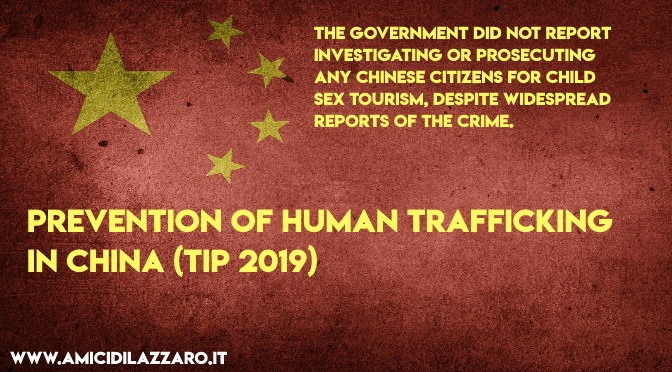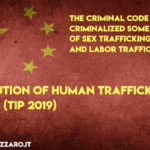
The government maintained minimal efforts to prevent 143 trafficking and carried out policies that perpetuated widespread forced labor. Authorities held a sixth annual inter-ministerial meeting to coordinate anti-trafficking efforts. MPS continued to coordinate the anti-trafficking interagency process and led interagency efforts to implement the National Action Plan on Combatting Human Trafficking, including ongoing research into the efficacy of national efforts to combat the crime.
For the second consecutive year, the government did not report the extent to which it funded anti-trafficking activities in furtherance of the action plan. It used traditional and social media and distributed posters and other materials at transportation and community centers to increase general understanding of the issue, including among vulnerable rural communities.
The government reportedly began a series of pilot programs to enable Cambodian and Vietnamese citizens to enter legally into southern China for work in hopes of stemming illicit labor migration through especially porous sections of the border; the extent to which this mitigated trafficking vulnerabilities was unknown.
The government hukou (household registration) system continued to contribute to the vulnerability of internal migrants by limiting employment opportunities and reducing access to social services, particularly for Chinese victims returning from exploitation abroad. The government continued to address some of these vulnerabilities by requiring local governments to provide a mechanism for migrant workers to obtain residency permits. However, these residency permits were disproportionately unavailable to China’s minorities, exacerbating their constrained access to employment and social services.
The government made some efforts to reduce the demand for commercial sex. The government reported efforts to reduce forced labor by including language in written agreements with foreign businesses and countries explicitly prohibiting trafficking, but authorities were generally unresponsive to allegations of ensuing forced labor. The government did not report investigating or prosecuting any Chinese citizens for child sex tourism, despite widespread reports of the crime.
Adapted from TIP 2019 by the U.S. Department of State

